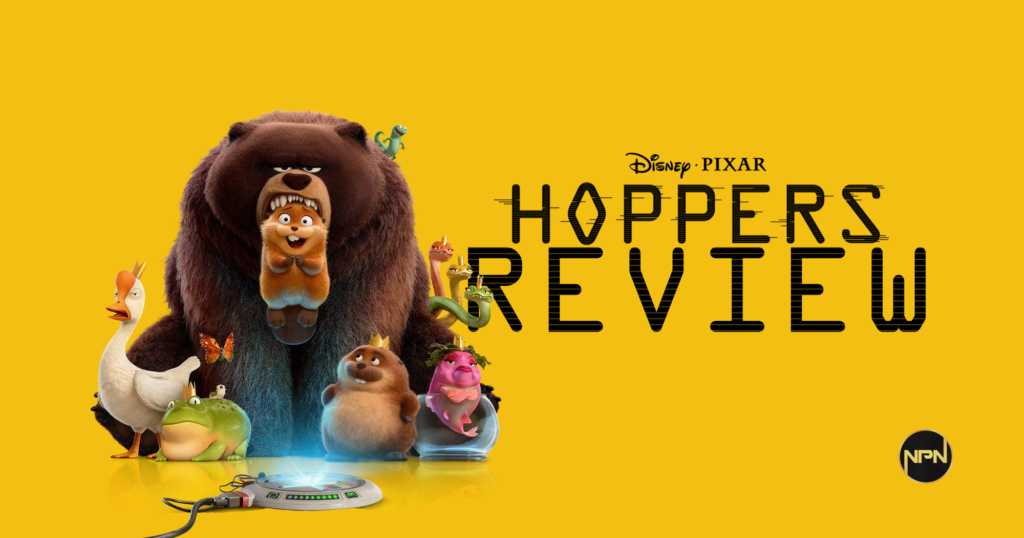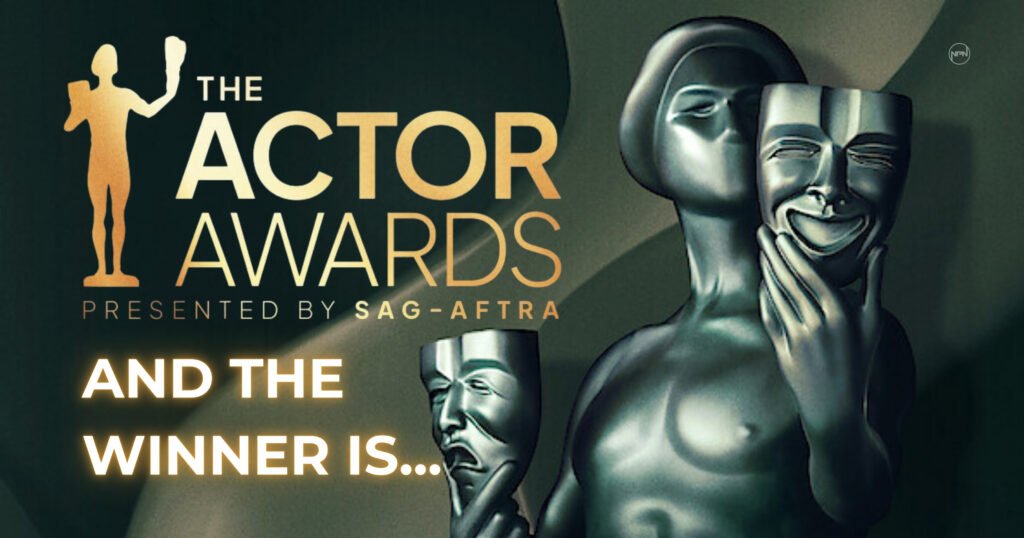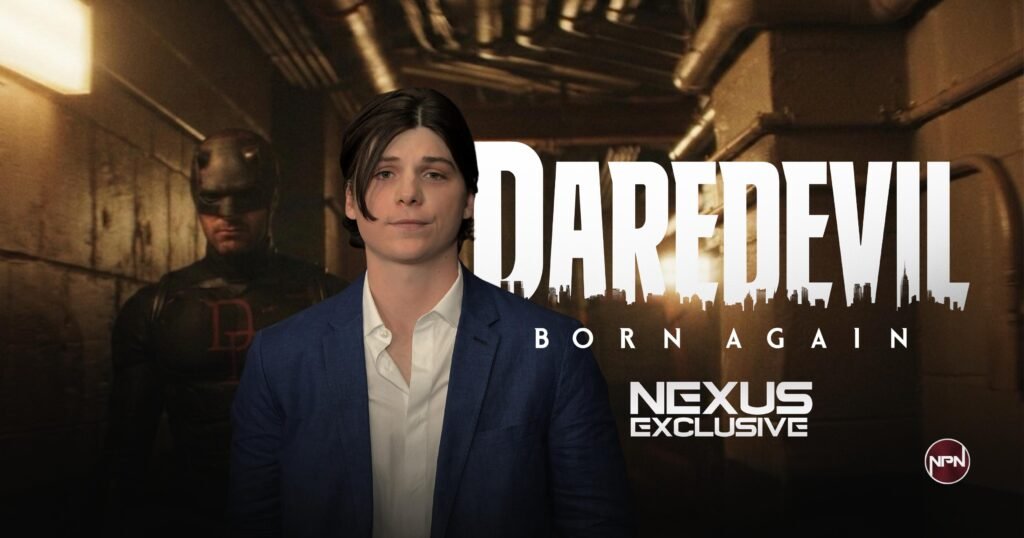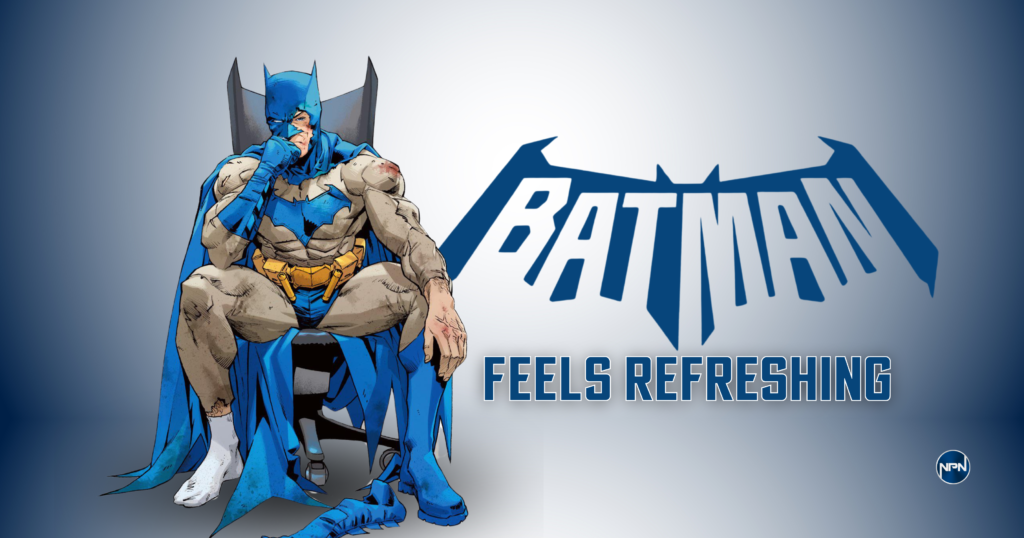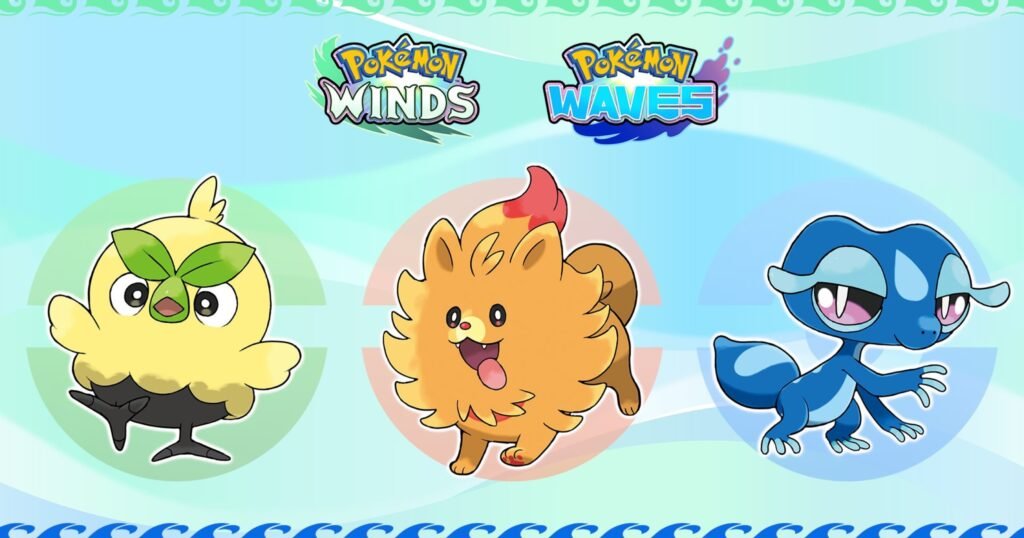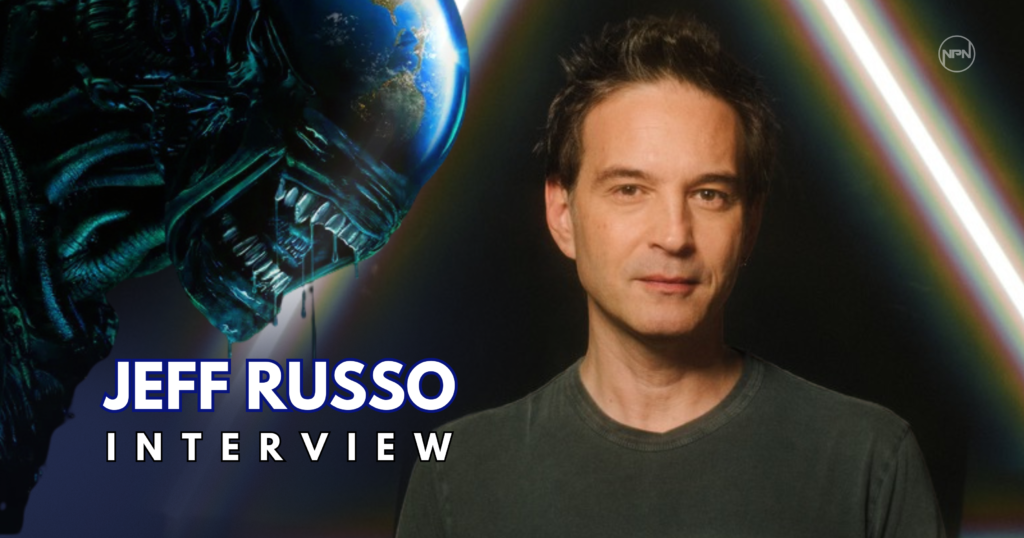
Noah Hawley is back with another standout project for FX, following his acclaimed work on Legion and Fargo. Alien: Earth marks both the latest addition to Hawley’s résumé and a bold new chapter in the Alien franchise. And where there’s Hawley, longtime collaborator Jeff Russo is never far behind. Russo, a masterful composer and one of the most consistently memorable elements of Hawley’s projects, once again delivers.
For Alien: Earth, Jeff Russo crafted an eerie, unnerving score that heightens the tension and atmosphere of every scene. His music seeps into the story, ampflifying its dread and mystery.
I had the pleasure of speaking with Jeff Russo about scoring Alien: Earth, his take on the Alien legacy, and his creative partnership with Noah Hawley.
Demet: So, Alien Earth… You and Noah are frequent collaborators, so I won’t ask the how of you getting involved in this project, but I want to know your reaction and how it evolved from there.
Jeff Russo: Well, he hired me. It’s an interesting story: about 15 years ago, he was doing his very first show as the showrunner that he created, and he was looking for a composer. I had a friend who was in his show as an actor, and he basically introduced the two of us. It’s a very short way of telling that long story. But he introduced us and we hit it off. We sort of really connected on a lot of different things, music… What we figured out was we have a love for a similar type of music, and so we really hit it off, talking about music and ideas behind music and the kind of music that we liked.
He hired me to do that very first show, and that was great. That show was canceled, and he hired me to do his next show, which only lasted a couple of episodes, and then he called me and said, “I’m adapting Fargo for television,” and we did that. And I would say the rest is history. Then, we did another season of Fargo, and then another season of Fargo, and then we did this show called Legion, which was a lot of fun. We got together and did cover songs together. It’s like we’re the kind of musical and film collaborators that composers dream of – directors dream of. It’s like having that person that really understands what it is you want them to see both ways, music to film and film to music. And it just sort of has kept building on itself, and every year that we do another Fargo, every year that we do another something like we just did – season one of Alien: Earth, but I’ve been working on Alien: Earth for 5 years. He sent me the first script back in 2020, and I started writing the first pieces of music that I wrote for Alien. So, it’s just been this big sort of collaborative growth for me, and I think for him as well.
Demet: Yeah, I have also been a huge Legion fan. I was like basically in love with the score. I am listening to it all the time, especially “Cornflake Girl” and “Peace, Love and Understanding.”
Jeff Russo: We did all those covers, and it was one of those things where Noah had this idea. We had done it in the first season of Fargo; we did “Ain’t Nothing but the Baby.” He sang it, and I sang harmonies. It was the first time we had ever collaborated on music together, doing something musically together, and I’ve been writing music for him – for his shows and his films. We hadn’t really done anything like that together, and then we did another thing, then we did another cover. We did a World Party song in season 3 of Fargo, and then when we went to do Legion, in that first season there was a cover. When we went into the 2nd season, we did a whole bunch of covers. We did a cover for almost every episode, and then that became an album. We made an album, and at that point, we really realized that that was just a lot of fun. It was a way for us to do that thing while still making these shows, still making these films. That ended up handing off to season 3. We did a couple in season 3, and then we’ve done one now for Alien.
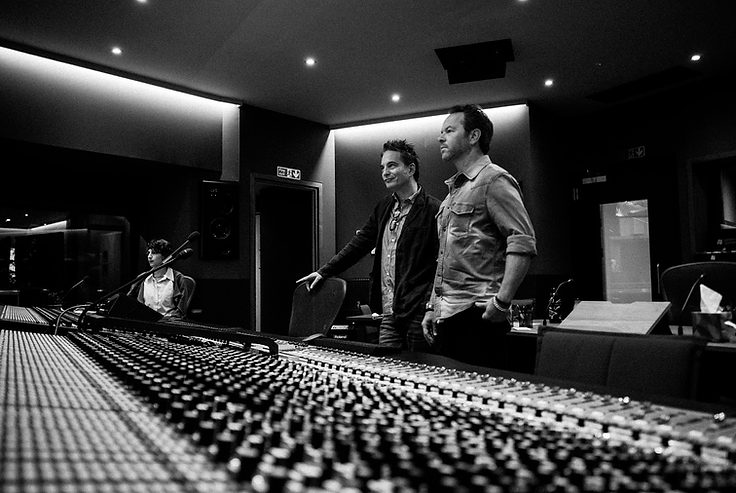
We did this big cover of “Strange Brew,” which is going to come out at the end of the month. I wrote the opening titles. I wrote the opening title part with the idea that we would always use that lyrical content, the “Strange Brew” lyric – “Strange Brew kill what’s inside of you” – and it didn’t quite all come together until afterwards. I had written a piece of music that was the opening titles, and then I added the lyric part at the very end, with the melody of it. Once that all sort of came together, I said, “Shouldn’t we do a full version of the song?” [Noah said] “Yeah, I guess we should.” I produced the track and then had him come into the studio, and we recorded the vocals and did a whole bunch of stuff, and then we said, “Well, we should put it out,” because the whole song doesn’t appear in the show. It’s just that one little snippet at the beginning, the title.
Demet: I actually had a question about that because when I was watching it, during the title card I said, “That’s Noah and Jeff.” Which one of you is singing? Is it Noah? I told my friend it was Noah and he was like, “Is there anything Noah Hawley can’t do?”
Jeff Russo: Yeah, apparently there’s nothing that he can’t do.
Demet: Have you two considered covering more songs for Alien: Earth?
Jeff Russo: Not for this season, because we’re done with this season. What’s going to happen in season two, I don’t know. Maybe. Here’s the thing: Noah will just off the cuff call me up and say, “hey, we should do this cover,” and I’ll say, “Okay, let’s do it.” It’s very off the cuff like that; it’s usually very stream of consciousness. He says it, I do it, kind of thing.
Demet: When I first heard about this show, I was said, “I hope Jeff is scoring this,” because this is the duo I am a fan of. It feels like it’s a different level when it comes to scoring when you two come together, and there is tons of creativity flowing around, and I am a big fan of that.
Jeff Russo: It’s interesting when there is a very easy collaborative effort. When there’s something where ideas flow back and forth without any obstacle, I think that kind of collaboration makes anything that you make better, no matter what. I am at my best when I’m collaborating under those circumstances. That’s how I do my best work. I think that goes for any artist. Anyone who is making art is always going to make the best art that they can when it’s all with the path of least resistance. That’s not to say that notes shouldn’t come in—or changes or ideas — but that is an exchange of ideas, not a micromanagement style. Noah is not a micromanager. When it comes to the creation of the art, he’s not a micromanager in that way; he’s very collaborative. It’s all about being open to ideas. That goes in both directions. The composer has to be open to the idea of the filmmaker, and the filmmaker has to be open to the idea of what the composer is saying. When there’s a sweet spot for that, and when that sweet spot is gotten, you’re always going to get the best work from everybody.
Demet: It definitely shows in the final product. So, Alien is an established franchise with iconic soundtracks. How did it affect your creative process to bring something new to a long-standing franchise?
Jeff Russo: One of the ideas, for me, is always to look at the underlying material—look at the original material—and I take a lead from this. I take note of how Noah does it. Look at the underlying franchise, look at the underlying material. Figure out what it is that is making the viewer feel and then figure out how to make the viewer feel the same thing with a new story, and a new theme, and a new musical moment, or a new musical idea. I do little things like tipping my hat to Goldsmith’s score and tipping my hat to Horner’s score, because they both did something very different for the franchise, and what I wanted to do was I wanted to take feelings from the first movie—one of the greatest horror movies of all time—and feelings from the 2nd movie—one of the greatest action movies of all time—and merge them together and see if I could figure out a way to have that weird, eerie, underlying weirdness that Jerry Goldsmith created with the orchestra and that militaristic, more pulsating action style that Horner did in that second movie, and figure out how to combine that. I don’t mean that in a musical way. I mean that in a feeling way, because there had to be a way to combine those things where you create that feeling of unease, that feeling of terror, and bring it together with music. It’s difficult. I tip my hat for little things like the echo on the trumpets and the French horns, which appeared in that first movie with an Echoplex. I did the same kind of thing as a tip of my hat to that. I use a military snare drum as a tip of the hat to Horner’s militaristic-style score. It’s all finding little Easter eggs.
The one thing that I think doesn’t appear in those movies is this emotional connection. The emotional connection between characters in that first movie—you feel it, but you feel it in a very dreadful way. There’s so much dread in that first movie. In the second movie, there’s a bit more fun than there is in the first movie. There are one-liners that are kind of funny, and there’s, “Game over, dude.” That kind of stuff, which lent itself to making it only slightly lighter than the first movie. Not light by any stretch of the imagination but just having a little bit more of a sense of humor about the horror. We have a little bit of all of the above in this. I wanted to be able to connect the characters with some emotional music as well. It was the first time that we are exploring the idea of humanity, alien, and then what’s in between that. We have this hybrid, which is a synthetic being with an analog consciousness. That’s the thing that I hadn’t really explored before in any kind of narrative. That created an interesting sort of way of thinking. How do I cross this bridge between humanity, synthesis, and alien? How do I cross this bridge? I started writing melodic content that I thought was meaningful for that. There’s a theme called “Siblings,” which is for Wendy and Hermit, that you don’t hear until the second episode, when they hug for the first time, when he finally comes to the realization that it is actually his sister. There’s that moment, and that’s where that theme plays for the first time. There’s Wendy’s theme, which has echoes of her transition from human to synthetic. Those moments needed to be demarked by some melody, some feeling of emotion, and that to me is something that was really important in the creation of this score that might have been different than the scores that have come before it.
Demet: Wendy’s theme is definitely beautiful, and it gives the sense of humanity in between. I personally believe the music in horror projects is the most important part. It’s what gets you to think, “oh, something is wrong,” or you feel creeped out, or you just feel the tension, and it scares you—it affects you so deeply—and in the Alien: Earth soundtrack, I hear a lot of strings. What else have you used to create this unnerving tension?
Jeff Russo: We had a full orchestra. There were strings and winds and brass and percussion and celesta, harp. It was a big band, and on top of it there’s glue in between—the non-orchestral instruments. I found a company that makes these instruments in Europe called Lunason Audio. They made something for me called a Bassdesmophon. They had these instruments that I found on the internet, and I thought that they were really cool-sounding, and I said “Oh, I have to have one.” I called them, and I explained what I was looking for. They said, “Well, we can make it like this,” or “We can do it like that.” It’s really interesting. That ends up in almost every piece of the score. It is kind of the glue. I can use it in so many different ways. I can use it with a bow, I can use it with a super ball rubbing on it, I can use it with a stick hitting it—which makes a very, very jarring percussion sound, and that is everywhere in the score. That, and something called an Aztec death whistle, which I used in a couple of the pieces on the score. We ended up dropping it in almost everywhere for the xenomorph and it ended up becoming kind of like the xenomorph theme, that sound. There’s this table of synthesizers that I have behind me that I end up using for varying effect, on the synthetic level, in the balance between humanity and synthesis. There had to be some synthetic part of the score as well. It was almost like, just bring it all to bear and see what worked.
Demet: It sounds fun and passionate and kind of all over the place like you wanted.
You also have a very impressive resume. What were your favorite projects to work on?
Jeff Russo: Alien: Earth is up there. That’s at the top of the list. So much in the creation of this score was so much fun. I can’t really say which was my favorite. I find that every time I work on something, it becomes my favorite. I feel like it has to be that way for me to pour everything into a score. When you’re making anything, it has to be the love of your life in that moment for it to become what it’s going to be.
Demet: You also have a Star Trek project coming up. What can you say about that one?
Jeff Russo: I’m working on Star Trek: Starfleet Academy. It’s the story of where all of our Starfleet people come from. It’s a pretty incredible way of telling the story. It’s a whole different-feeling Star Trek, which was really interesting to me. Alex [Kurtzman] and I were talking about how to go about making a score for something that is definitively Star Trek and yet also not, because it’s definitely a different way of telling a story. It’s not typical Star Trek fare, and I’m not really able to talk about anything specific about it, but I definitely looked at treating the music with as much care as I have before.
Demet: I am excited to see that one. You also have been all over the industry and franchises, but you haven’t done any Star Wars or DC yet—I don’t count Lucifer, because it’s completely different. Is there a specific character or project you would like to be involved in?
Jeff Russo: That’s a question that people tend to answer, and I don’t really know how to answer that question. Things that I’m interested in being involved in are things that are just well-told stories from filmmakers who are interested in making something great. I understand that everybody wants to make something great, but what I mean by that is interesting characters, interesting story with the idea that collaboration is how you make things great. I’m not saying make something by a committee. Someone has to have a vision, and that vision has to be adhered to. What I’m saying is having a filmmaker with a vision and being able to be collaborative about how to get from point A to point B is so important. That, to me, is a project that I want to be a part of. If you’re asking if I want to do a Marvel movie, or if I want to do something with Star Wars, I want to do anything that is a well-told story. I apparently work on a lot of science fiction, but to me, science fiction is just drama told against the backdrop of space or time travel or fantasy. That, to me, is what I like. I like drama, and I think that’s the most interesting thing to me in terms of writing music.
Alien: Earth is now streaming on Hulu and Disney Plus.
This interview has been edited for clarity.
